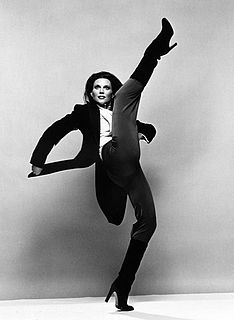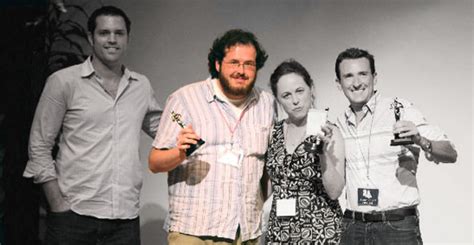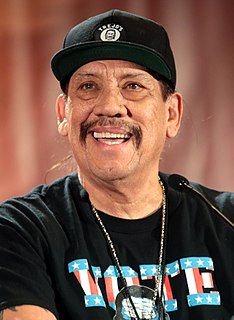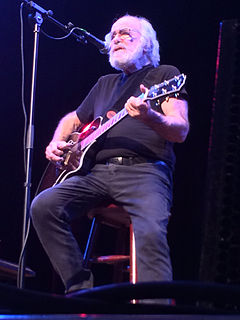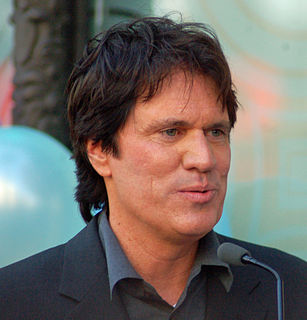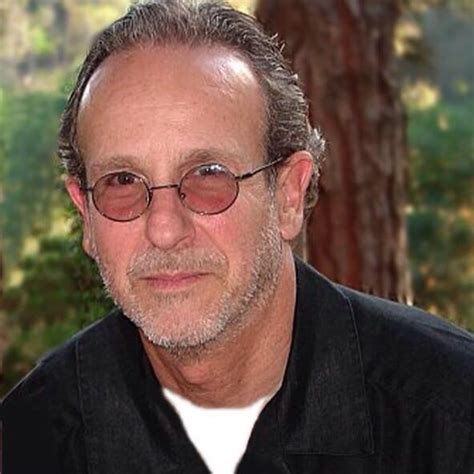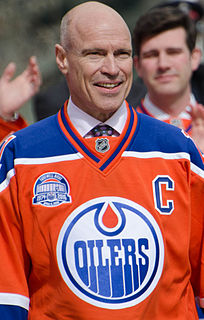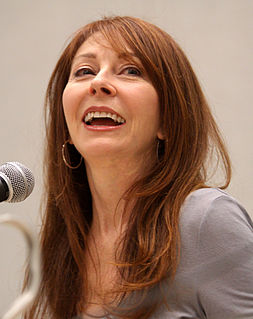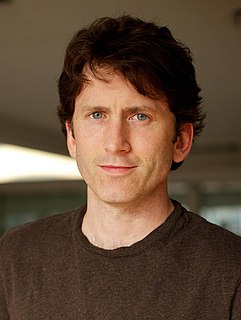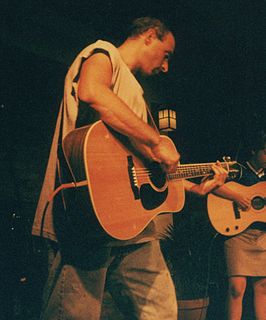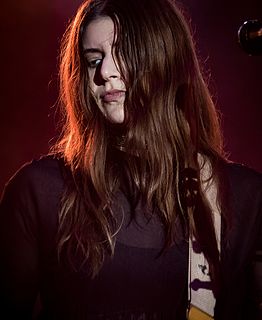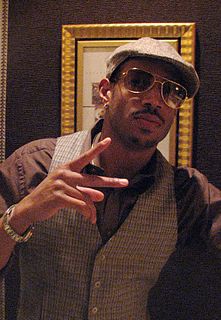Top 1200 One Line Movie Quotes & Sayings
Explore popular One Line Movie quotes.
Last updated on April 14, 2025.
I was up for parts in 'Charlie's Angels' and 'Three's Company,' but other people got them. At the time I was very disappointed because I knew the shows would be tremendous hits. But if I had done either I would not have done the following: 'Chorus Line,' 'Dancin',' 'Chicago,' 'Movie Movie,' 'All That Jazz' and 'Annie.'
Very often, things that people may think come from the writer, very often don't. There's a lot of cooks in the kitchen when it comes to making a movie. When you hear a line of dialogue that sounds kind of tinny, it's pretty easy to cite the screenwriter. But there's a lot of stuff that goes into making a movie.
There's that weird and cool line that music can cross where it still gives you the goosebumps and you think it's cool but on the other hand it's sort of like also letting you off the hook a little bit with the ironic aspects of the thing. I think that's the inexplicable, the smell of a movie. That's the taste of the movie.
By the way, movies are like sporting events in that you're as good as the movie you're in. You can sit in a room for 20 years and go do a movie and you can just kill in it and you move to the head of the line again. By the same token, you can do five movies a year and if they're dreck, it's nothing.
In editing, you really face what the movie is. When you shoot it, you have this illusion that you're making the masterpieces that you're inspired by. But when you finally edit the movie, the movie is just a movie, so there is always a hint of disappointment, particularly when you see your first cut.
I did some writing for that movie. The remake of Planet of the Apes. I didn't write the script. But I wrote some lines that they ended up... not using. ... I wrote one line. I thought it would've been perfect. I don't know if anyone saw the movie. It's the scene where the ape general comes in. And they're trying to decide if they should attack right there, or wait until a little later. And I wrote: "Man these bananas are good!" But they didn't use it. I did all of that research.
When you are in the line of your duty, it is like standing in front of a line of posts, and every post is in line. But step one step aside, and every post looks as though it were not quite in line. The farther you get away from that straight line, the more crooked the posts will appear. It is the straight and narrow path of duty that will lead you and me back to the presence of God.
Instead of thinking in terms of chords, I think of voice-leading; that is, melody line and bass line, and where the bass line goes. If you do that, you'll have the right chord. [These voices] will give you some alternatives, and you can play those different alternatives to hear which one suits your ear. Keep the bass line moving so you don't stay in one spot: if you have an interesting bass line and you roll it against the melody, the chords are going to come out right.
For me there's always a line or two in a script, when you hit it you almost decide to do the whole movie off a line or two. You almost do it for the fun of getting to say a line or two like that. I don't have any specific plans, you know. I mean, if Seth Rogen calls with a great buddy pic, I'll be there.
What I find difficult about photo shoots is the line between playing a character - you're being asked by the photographer to take on a role like you would in a movie - and being a fancier version of yourself. It's about finding that line between being spontaneous and open to direction, but also trying to explain to photographers that the "me" is often taken out of context because it has all of this other stuff attached to it.
As a writer, you're always trying to say the best thing. You're always thinking about what's the best thing to say, and what's the hardest way to say it, and what's the best line? Sometimes the best line is the simplest line. Sometimes the best line is the line that evokes more feeling than actual wordsmithing.
Creative differences are legendary in this movie business, so we're really not exploring the creative-difference aspect as opposed to the money aspect, or the fact that something can come up in a movie and literally put the whole movie on the line, and this is where producers have to earn their keep.
All my cuts are always about three hours, at the start, mainly because any scene in the movie that's 90 seconds, I probably shot a five-minute version of. If you just extrapolate that through the whole movie, I have a very long version of every scene, usually because, if there's one funny joke, I'll shoot five because I don't know if the one I like is going to work. I'll get back-ups because my biggest fear is to be in previews, testing the movie, and a joke doesn't work, but I have no way to fix it because I have no other line.
I would love to say that the world is changing in the movie industry for people of color, women, the LGBTQ community and other minorities since I began my career, and that we are evolving as a species, but I think that given this social and political climate, I'm at a loss. It's like running a marathon and thinking you're halfway done and you can see the finish line - but the finish line is actually the first checkpoint.
Even when there's not a joke or a hook, the first line has to be good and snapem to attention. Songs ain't novels. You don't have 30 pages to slowly wrap somebody in. They're more like short stories or poems. If the first line hasn't grabbed them, you won't get to the second line. Once you've developed an audience, you may have some luxury and trust, so you don't have to knock 'em over the head with line one.
It started with 'A League of Their Own.' I mean, to me, if you played softball or baseball as a girl growing up, that is the staple movie, like, where girls are portrayed as athletes, and real, like, different, from Madonna, you know, to Geena Davis. I mean, I could quote that movie, every single line.

